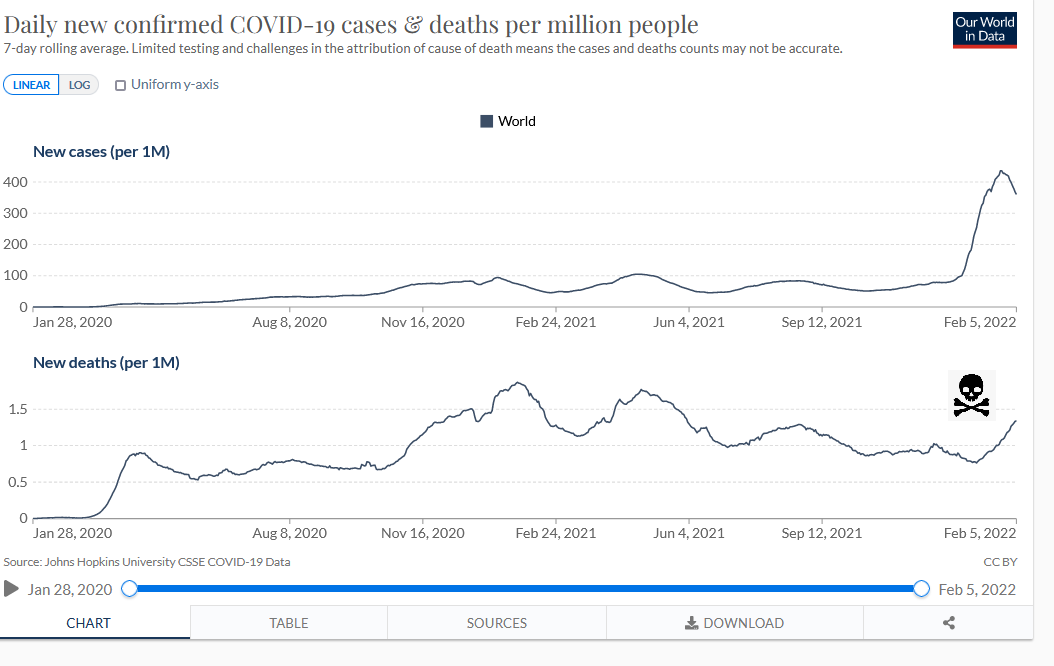
Alors que nous entrons dans la troisième année de la crise sanitaire, il est devenu évident que certains mots ou expressions ne sont plus utilisés au Québec pour parler de la pandémie. Dans cette enfilade pas si sérieuse, je discuterai de ces mots oubliés.
J'ai décidé de choisir des mots ou des expressions en français uniquement parce que, 1) je vis et travaille au Québec et 2), ces termes semblent plus colorés, même poétiques, dans la langue de Molière.
Je voudrais remercier tous ceux qui ont contribué à cette enfilade psycholinguistique avec leurs suggestions. Je me concentre sur les expressions ou les mots discontinus, pas sur ceux encore utilisés que nous détestons, comme « la lumière au bout du tunnel. »
Alors sans plus tarder, voici ma liste des huit meilleurs. Numéro huit : « aplatir la courbe. » Franchement, après cinq vagues au Québec, cette expression est devenue complètement inutile. Est-ce que quelqu'un sait plus ce que cela signifie? 

Numéro sept : « Nettoyez toutes les surfaces. » C'était le conseil donné très tôt dans la pandémie. Même le Dr Sanjay Gupta du CNN nous montrait comment laver nos épiceries. Voici ma confession : je n'ai jamais lavé mes épiceries. 

Numéro six : « distanciation sociale. » Les autorités nous ont exhortés à le faire constamment dans les deux premières vagues. Certains d'entre nous peuvent encore le faire, mais utilisons-nous toujours cette expression ? J'en doute.
Numéro cinq : « Tartelettes portugaises. » Tout le monde sait que c'est le désert préféré du Dr Arruda, mais le bon docteur n'est plus le chef de la santé publique et personne ne parle plus de cette friandise dans le contexte de la pandémie. 

Numéro quatre : « Défi 28 jours. » C'est le ministre de la Santé Christian Dubé qui a prononcé ces mots d'espoir en septembre 2020 en réponse à une suggestion d'un journaliste. Mais 700 jours plus tard, le défi est devenu un fardeau insupportable pour de nombreuses personnes. 

Numéro trois : « Graduellement. » Je ne me souviens pas du nombre de fois que le premier ministre François Legault a prononcé ce mot, mais quand il l'a fait, il l'a prononcé très lentement. Il l'a depuis remplacé par «mollo. » 

Numéro deux : « Les infirmières sont nos anges gardiens. » Si tel est le cas, pourquoi certaines infirmières attendent-elles toujours d'être payées des milliers de dollars par le gouvernement provincial? 

Et enfin, numéro un : "Ça va bien aller." Cette expression, avec son arc-en-ciel qui l'accompagne, est rapidement tombée en disgrâce après la tragédie de la Résidence Herron. Fin d'enfilade. 

12) Addendum: There's one expression in English that the people of Ontario are not using much these days, either: "Iron Ring," which now has a hollow ring to it after the deaths of so many in long-term care. 

• • •
Missing some Tweet in this thread? You can try to
force a refresh















